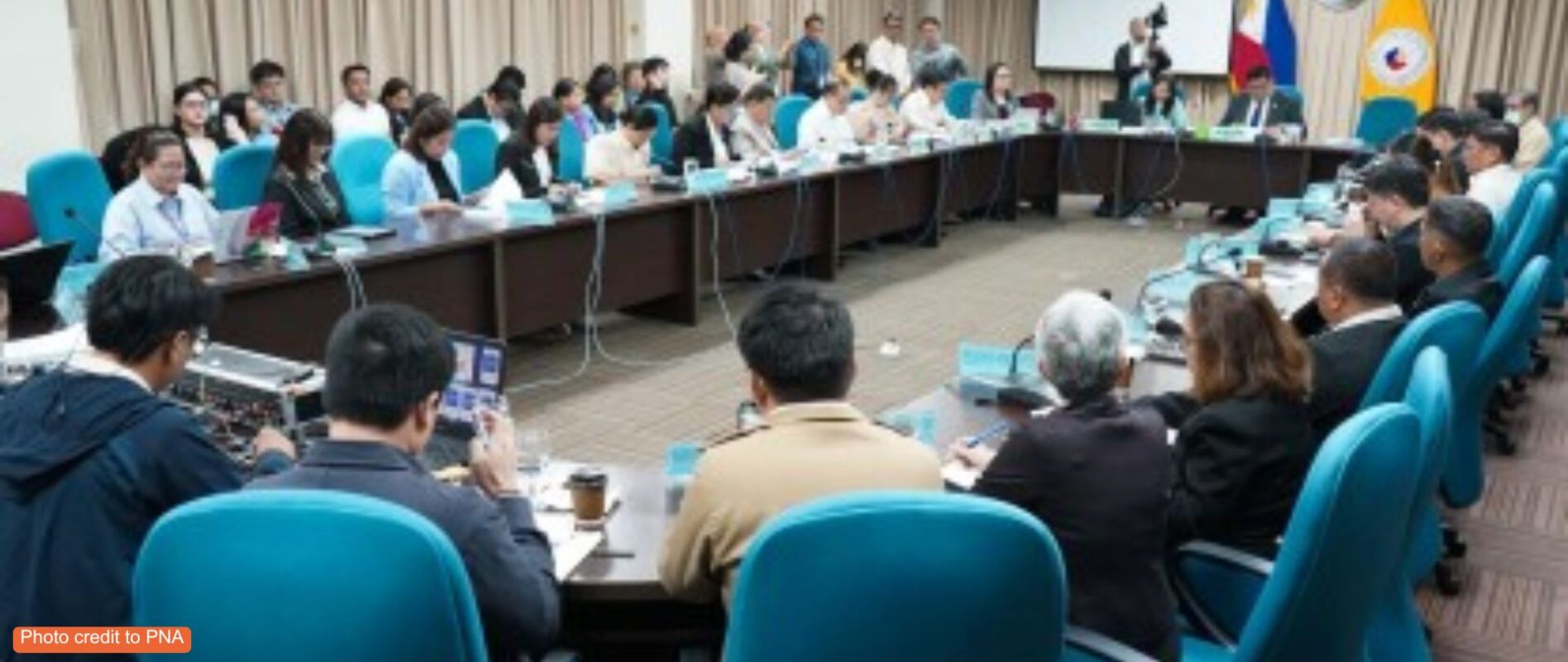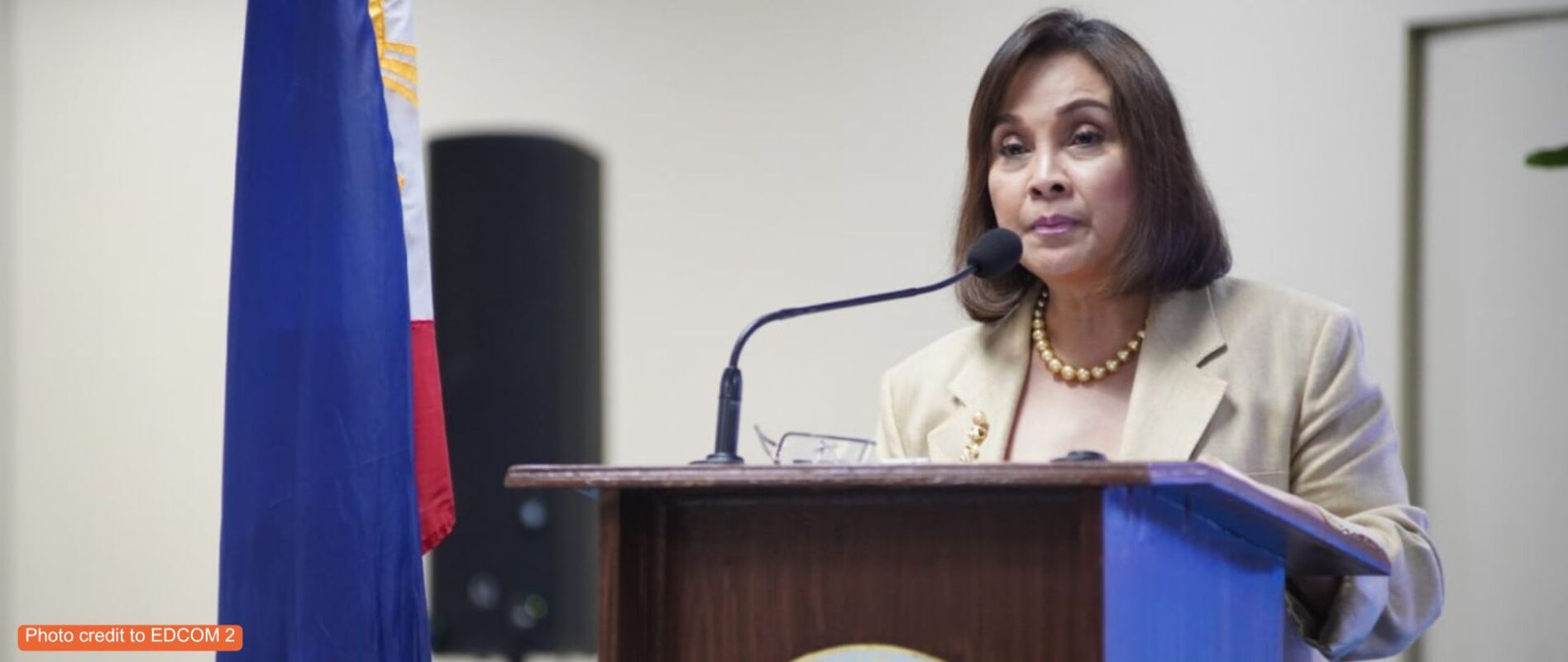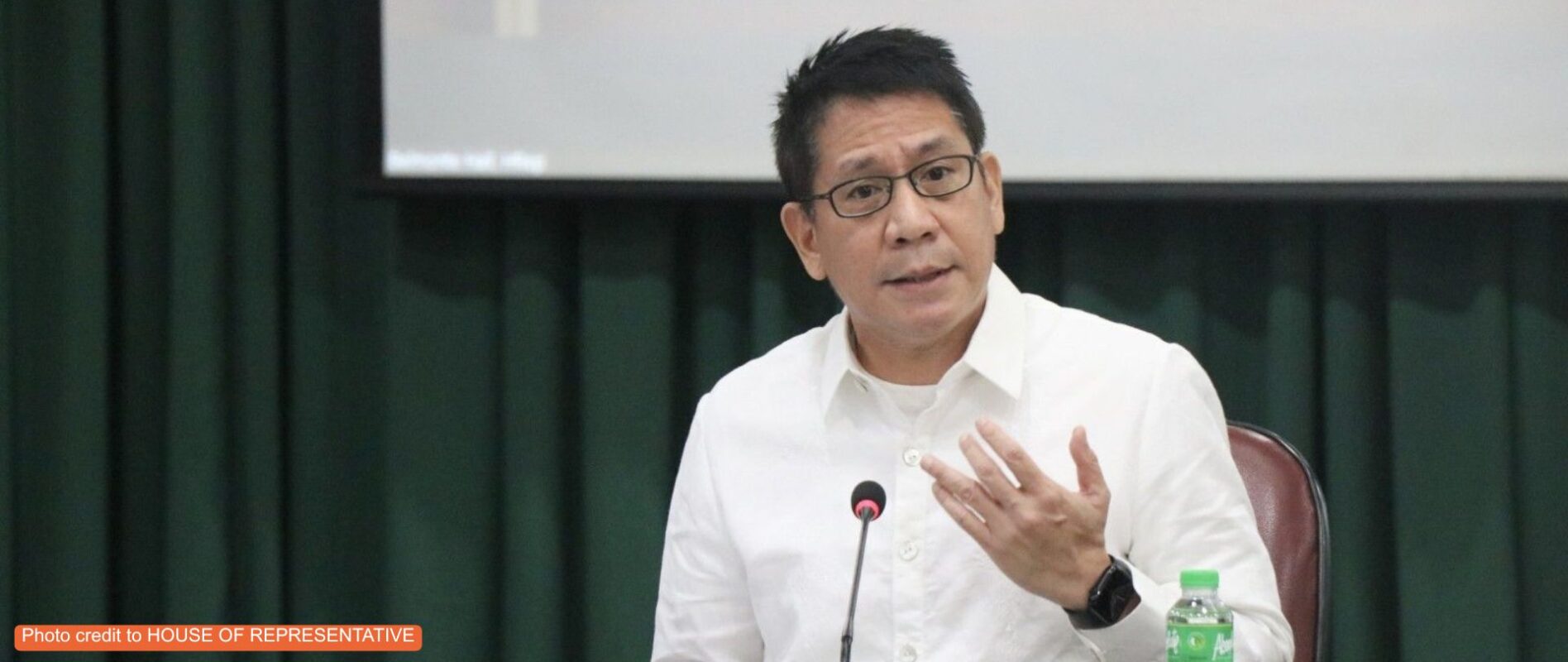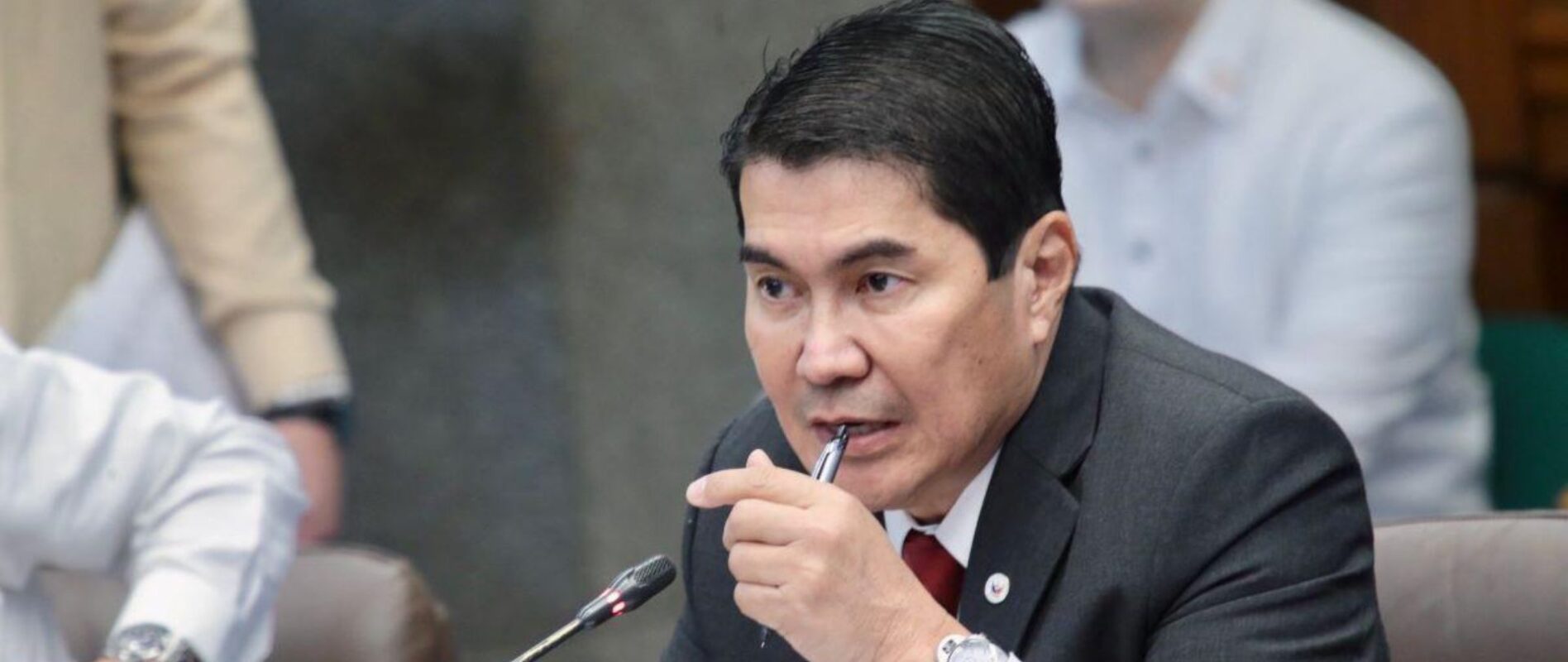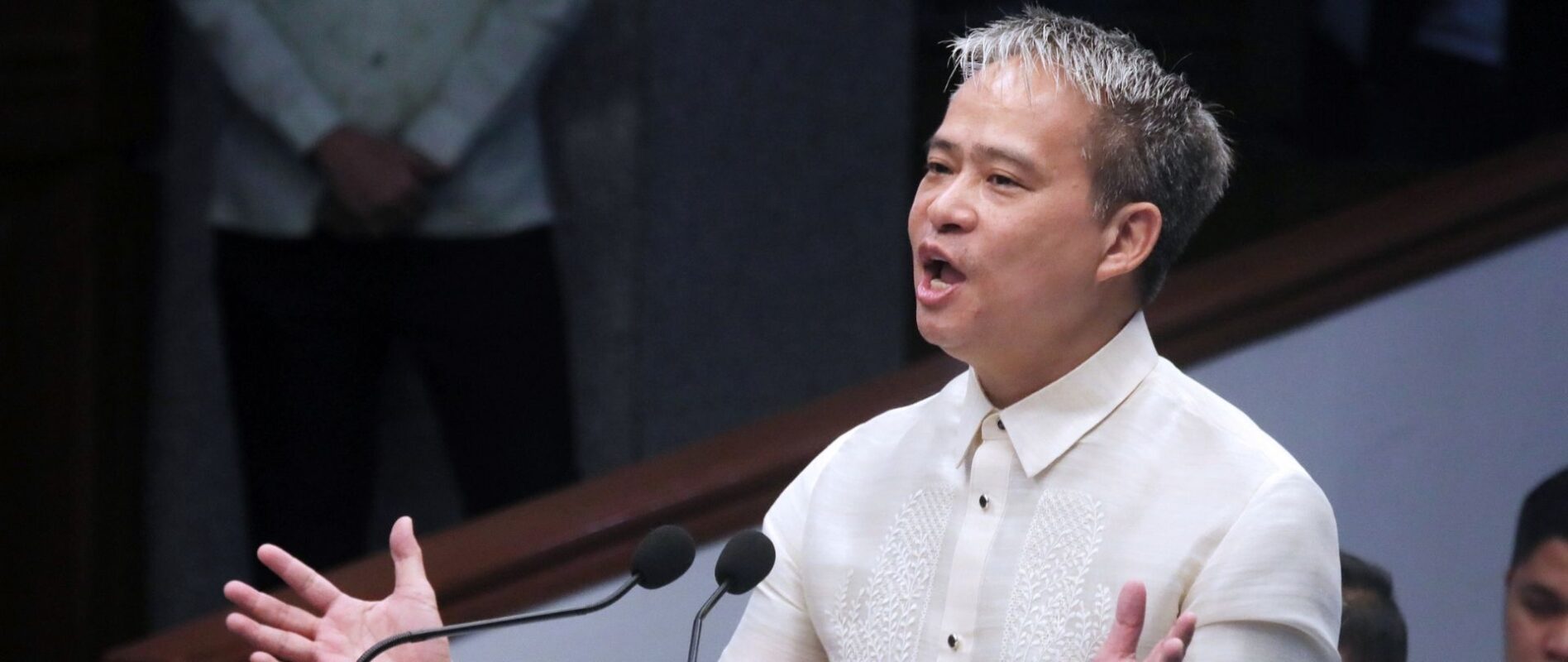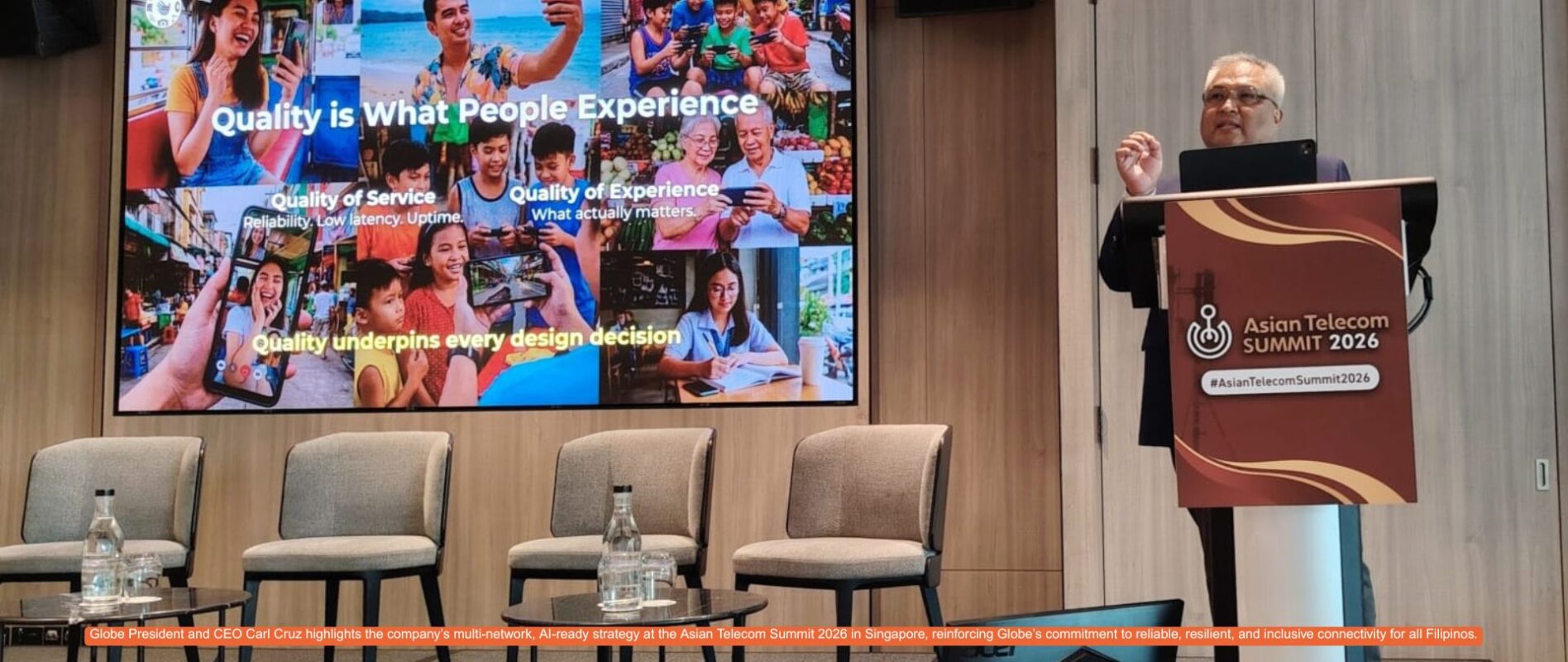YOUTH ORGANIZATION SLAMS UP MANILA’S RETURN SERVICE AGREEMENT AS PROFIT SCHEME
Kabataan Partylist has raised alarm over what it called a “Return Profit Agreement” disguised as a Return Service Agreement (RSA) imposed on students of the University of the Philippines Manila, accusing the government of profiting from students under the guise of public service.
In a strongly worded press statement, the youth group condemned the RSA as a burden on students—both financially and morally.
“Students are being hostaged by the government to render service for a ransom of double their tuition,” said Kabataan Partylist national spokesperson and first nominee Atty. Renee Louise Co.
According to the group, UP Manila earned at least ₱42.87 million last year from students who were forced to buy out of the RSA—a figure that excludes earnings from the College of Medicine.
While the policy claims to address the brain drain of health professionals, Kabataan Partylist argues that it has failed in its objective.
“RSA promises to solve the brain drain of health professionals, but so far, it only succeeds in racking up profits,” the group said. “This is a scam victimizing students and communities awaiting health services.”
The partylist also criticized the policy for reinforcing inequality in access to education and public service.
“This doesn’t teach love of country—it teaches that only the rich have the right to study freely: just pay if you don’t want to serve,” the statement read. “For the poor, it teaches that you always owe a debt. This gives a new meaning to ‘beggars can’t be choosers.’”
Kabataan Partylist is calling for an official investigation into the RSA’s implementation and is demanding more systemic and just solutions to the issue of health worker migration—such as higher salaries for health professionals and increased budgets for education and healthcare.
“The right to education must not come with a price tag,” the group asserted. “If we truly want nurses and doctors to serve the country with dignity, we must provide them with dignified education and working conditions.”


